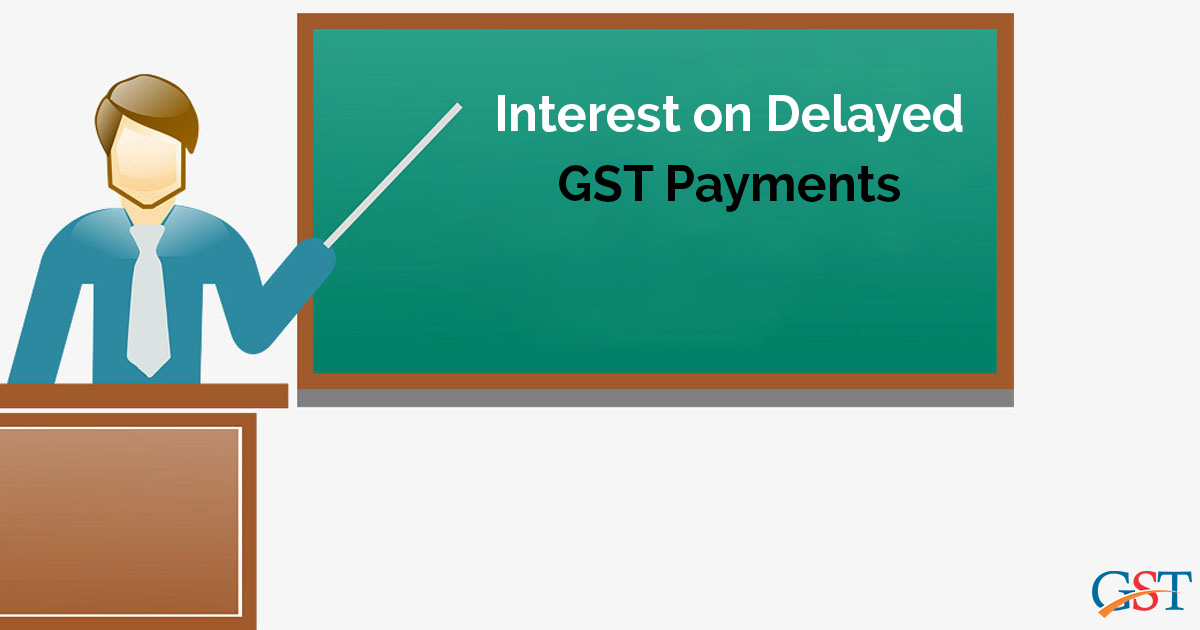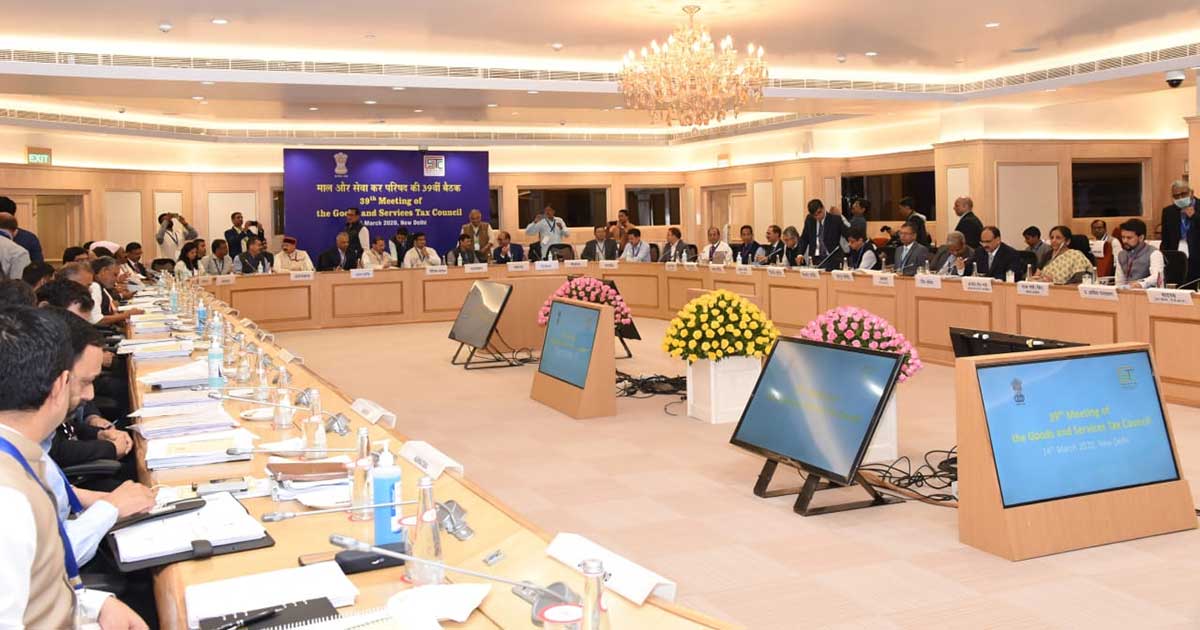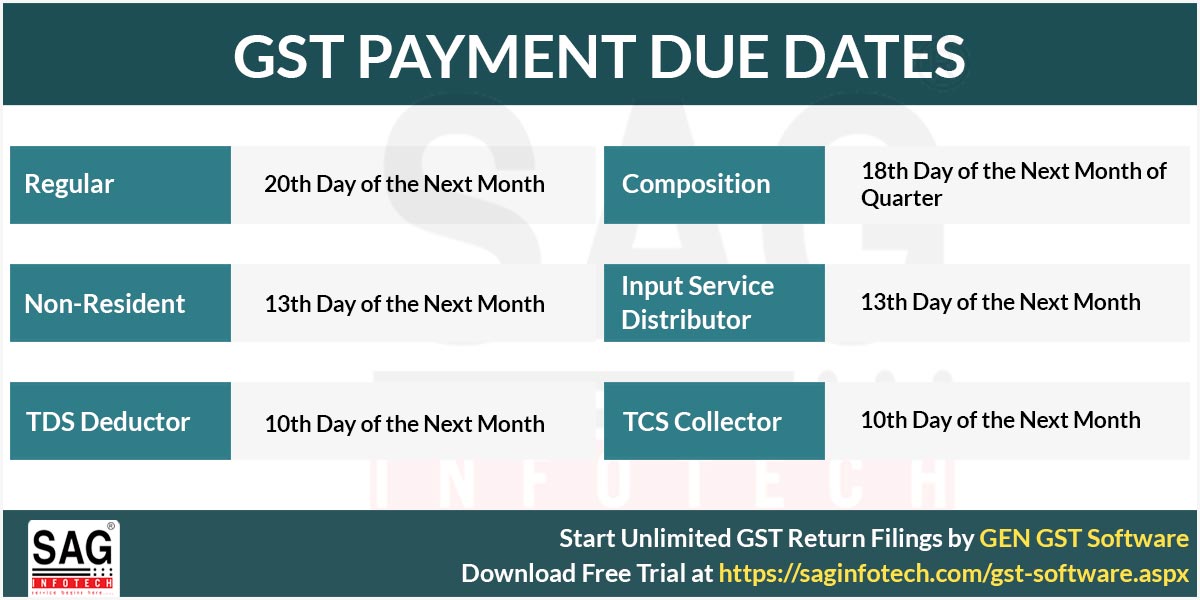
Businesses dealing with the levy of around Rs. 46,000 crores as interest on delayed GST payments are expected to get some relief as the GST council is proposing to calculate interest on their net tax liability and with a retrospective effect. Finance Ministry has not yet concluded how much shall be accumulated from the assessee.
The issue will be a subject of discussion in the upcoming 39th GST council meeting 
In the present scenario, the Central Board of Indirect Taxes and Customs (CBIC) is stuck to the calculation of interest-based on the gross GST liabilities of the taxpayers (as mentioned in the non-amended Section 50 of IT Act). Taxpayers are seeking a proper protocol and thus have challenged the methodology is various courts and appealing that the interest should be calculated based on the net tax liability of the assessee.
To the knowledge of the taxpayers, gross GST is the entire tax liability of the taxpayer whereas Net GST liability is the difference between gross GST and ITC availed by the taxpayer. Input Tax Credit (ITC) 
The memo by CBIC contrasted with the decision of the GST council taken on 22 Dec 2018 in 31st Council meeting which said that Section 50 of the IT Act will be amended and interest on delayed payments will be charged based on the net tax liability of the taxpayers. The said amendment was approved by the Parliament in July 2019 and received a yes from the president on 1 August 2019.
CBIC in its defense conveyed that the decision by the GST council taken in 2018 has not been notified yet and thus the authorities will work in par with the non-amended section 50 of the IT Act that allows interest to be deducted based on the gross tax liability of the taxpayer. “The GST laws, as of now, permit interest calculation on delayed GST payment on the basis of gross tax liability. This position has been upheld in the Telangana high court’s decision dated 18.04.2019,” CBIC said. CBIC further declared that the interest on delayed payments will be calculated based on net tax liability only after the GST council notifies its 22 December 2018 decision.
“In spite of this position of law and the Telangana high court’s order, the central government and several state governments, on the recommendations of GST Council, amended their respective CGST/SGST (central GST/state GST) Acts to charge interest on delayed GST payment 
Businesses are struggling with show-cause notices sent to them from the department on account of interest payment on late tax submission. Every sector is shaken with the uncertain nature of the amendments. Industries will tale a breath of relief if the council in its next meeting decides that the amendment was effective from July 1, 2017.








